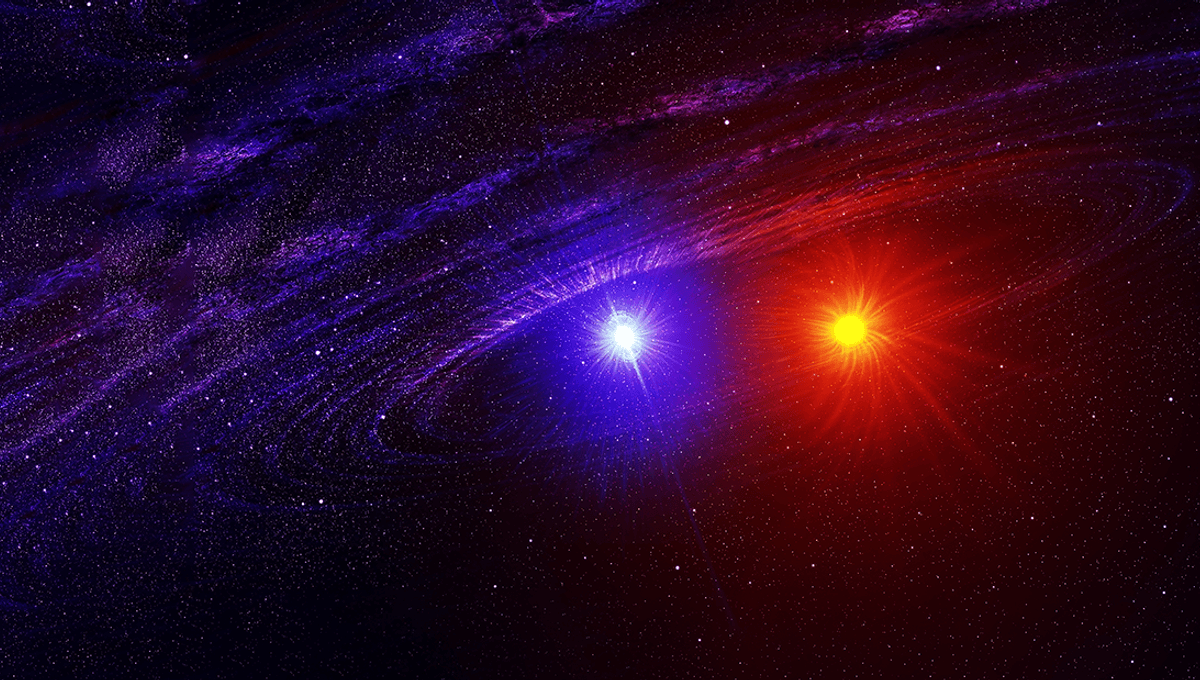
A new paper has outlined potential problems we may face in contacting advanced alien civilizations: the potential existence of “fishbowl worlds”.
If you haven’t heard of the Fermi Paradox, it goes something like this: given the vastness of the universe, the sheer amount of time it has gone on for, and the septillion stars out there, how come we can see no signs of alien civilizations, and why haven’t they got in touch? We have found many exoplanets in the brief time we’ve been looking. Surely there must be someone else out there who, like us, desperately wants to find others?
Since it was posed in 1950 by Enrico Fermi, there have been a range of answers, from the benign to the absolutely terrifying. Recent suggestions have included the “oxygen bottleneck“, the idea that intelligent aliens could be forever trapped in the stone age without sufficient oxygen for combustion.
In a new paper, Elio Quiroga, who is a professor at the Universidad del Atlántico Medio in Spain, outlines a few other scenarios in which alien species could be intelligent, but unable to leave their own planet or communicate with others, which he has termed “fishbowl worlds”.
The simplest of these are worlds that are simply too big, making it impossible for alien civilizations to escape their planet’s gravity. In order to escape our own planet, we need to be moving at around 11 kilometers per second (almost 7 miles per second), or 40,270 kilometers per hour (25,000 miles per hour). That’s our escape velocity. Therefore, we require an enormous amount of fuel to get anything to leave the planet, let alone a sizeable payload.
This doesn’t just have implications for physically leaving the planet and finding other species, but for technological progression. A civilization that can’t leave its planet does not have satellite communications, and they are not peering back at us with their version of the JWST. Just as we base our assumptions in finding life elsewhere on our own experiences, intelligent species on these planets “might see space travel, even suborbital, as perhaps unconceivable”, according to Quiroga.
Another, even more fishy fishbowl world could be ocean planets, or hycean worlds. On these planets, creating electrical equipment to enable long-distance communication may be near impossible, if these aliens felt the need to develop the technology at all.
“In an underwater world imbued into a fluid, such as water or liquid methane, where sound signals can be heard hundreds of kilometers away, communication between individuals could be feasible without the need for communication devices,” Quiroga explained in the paper. “Telecommunications technology might never emerge on such a world, even though it could be home to a fully developed civilization.”
Other possible fishbowl worlds are proposed, including binary systems where it is always daylight and the stars cannot be seen, or a world constantly covered in thick cloud. On these worlds, just like the Krikkit planet in the Hitchhiker’s Guide to the Galaxy, caught in a giant cloud of dust, they may not develop the desire to explore outside of their own planet. Let’s hope it doesn’t end like it does with the Krikkit if they ever find out we’re out there.
The paper is published in the Journal of the British Interplanetary Society.
Source Link: Fishbowl Worlds: Aliens Could Be Highly Intelligent, But Unable To Contact The Outside